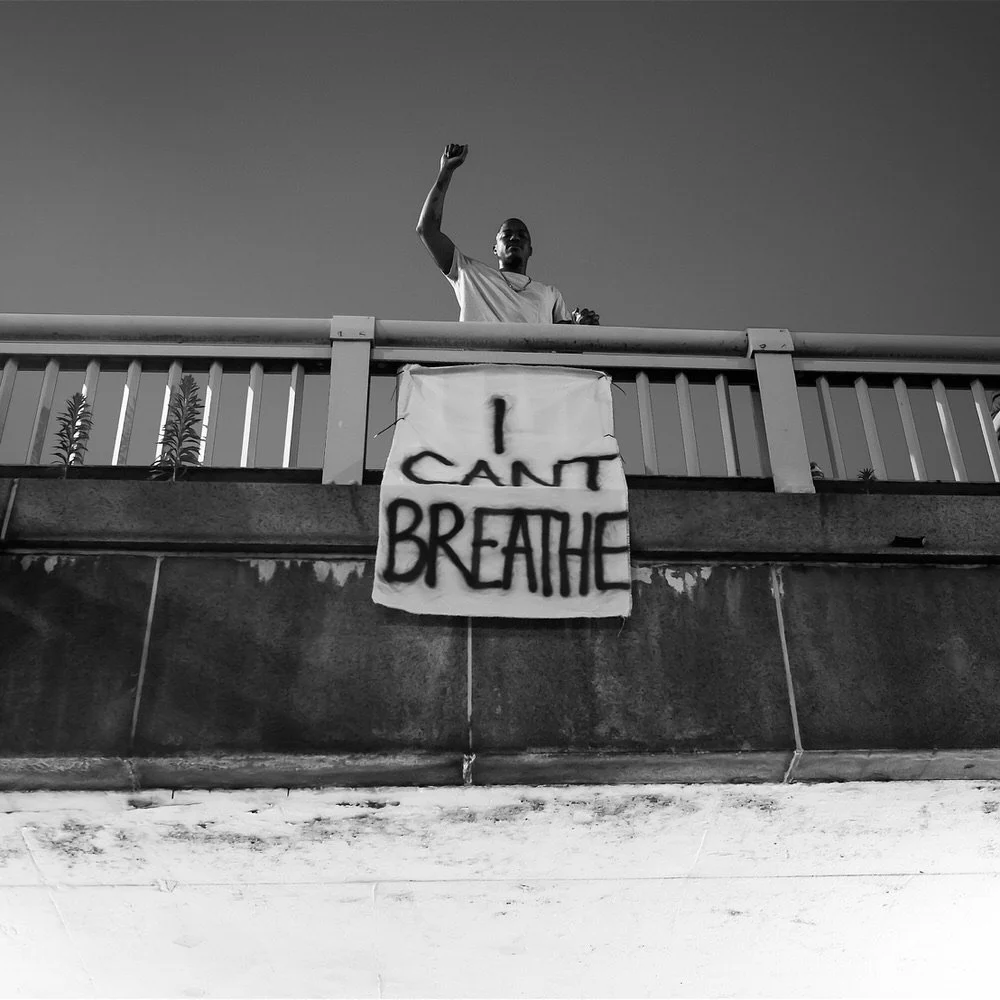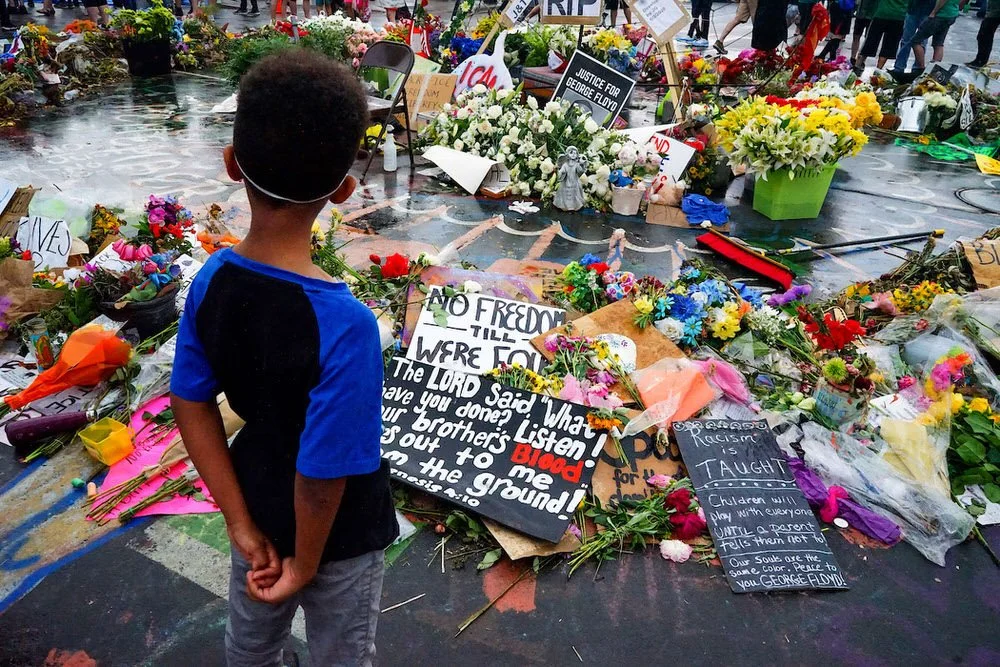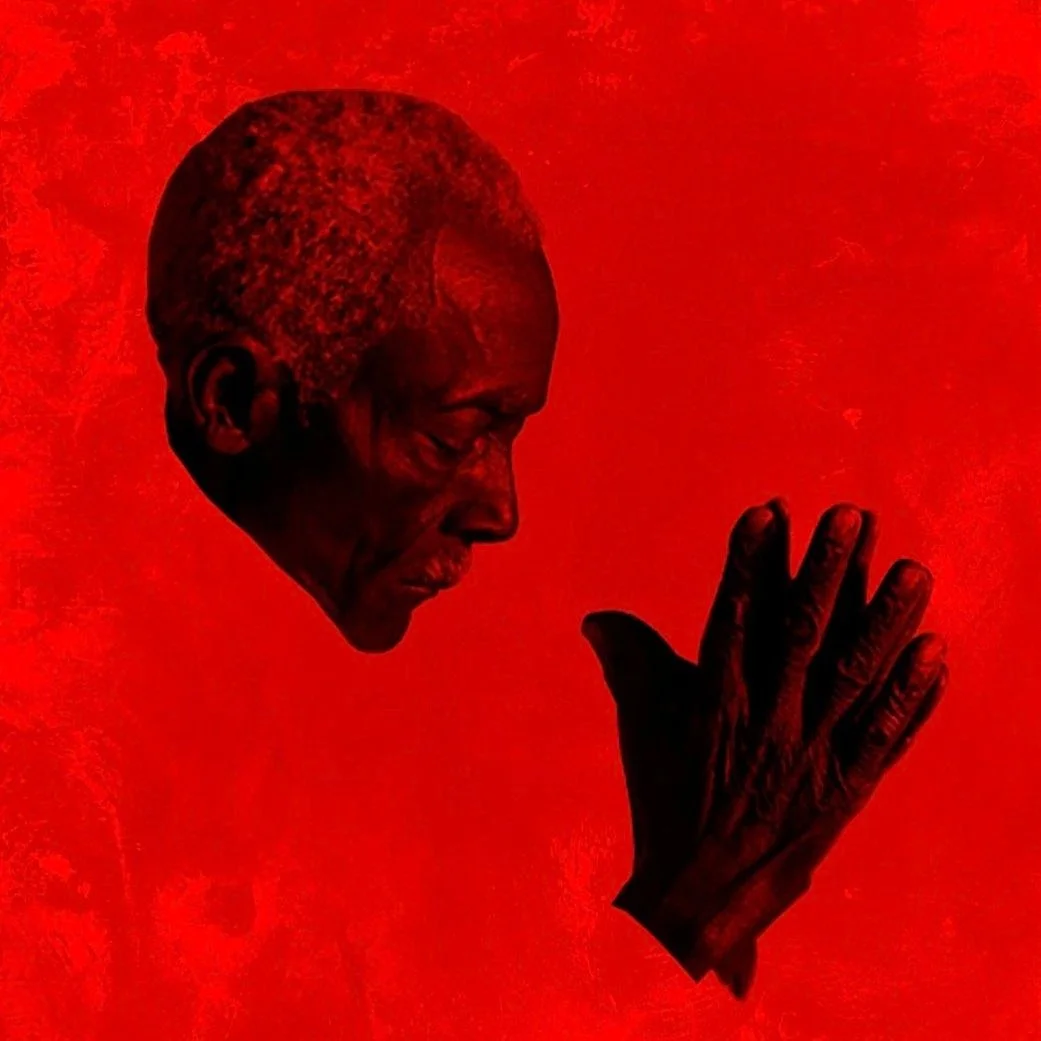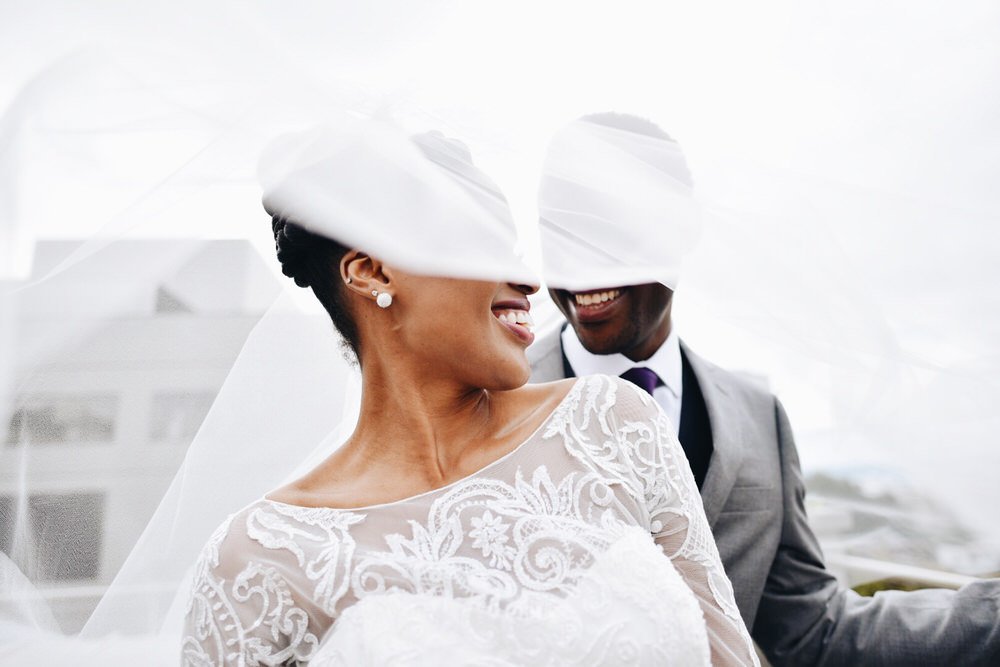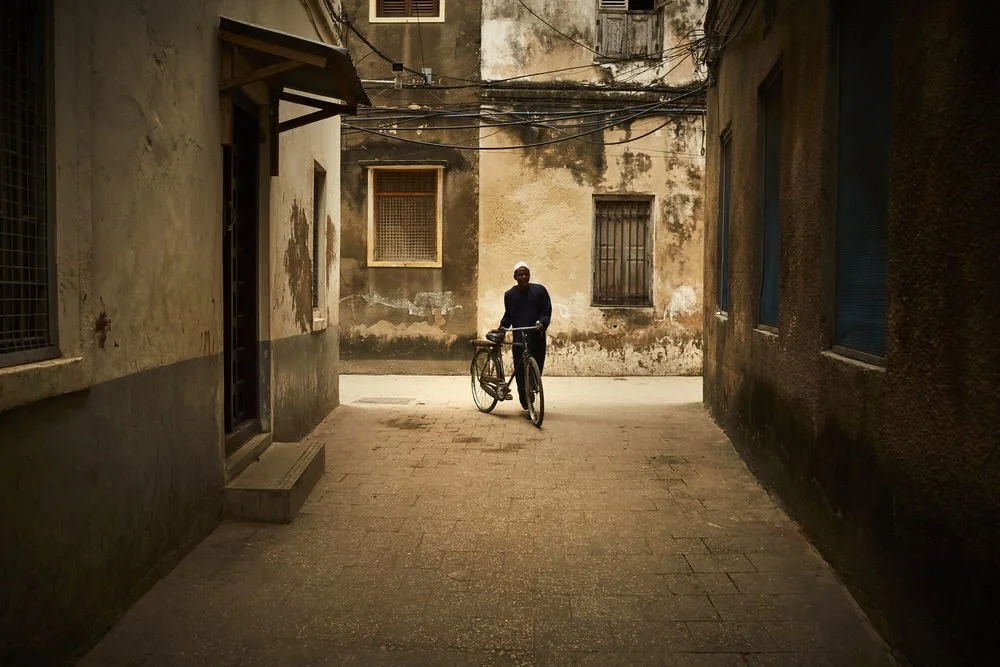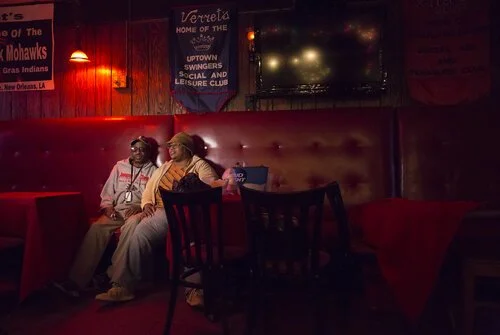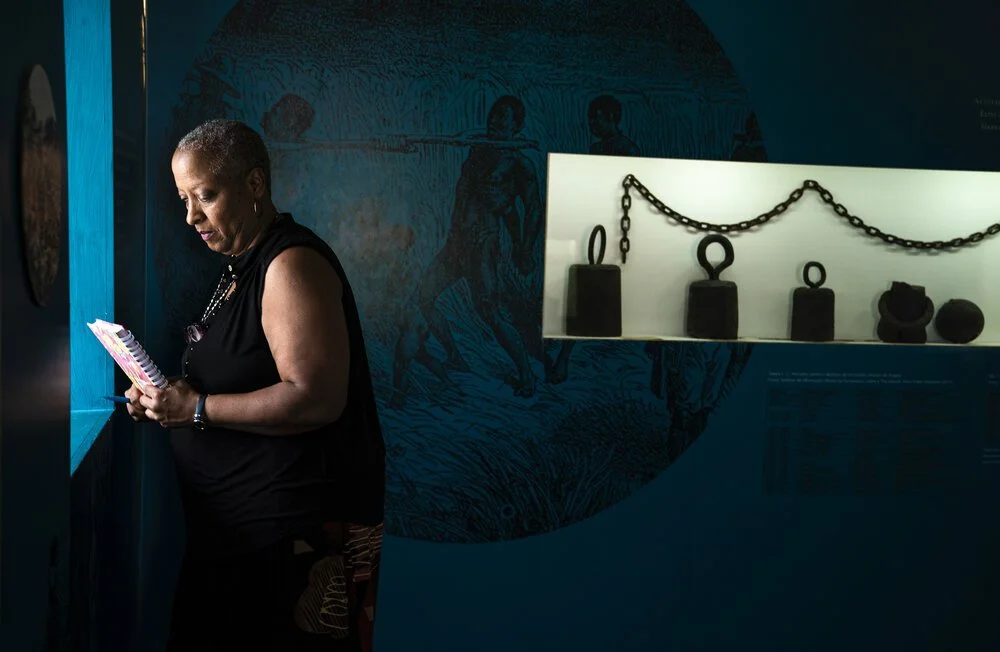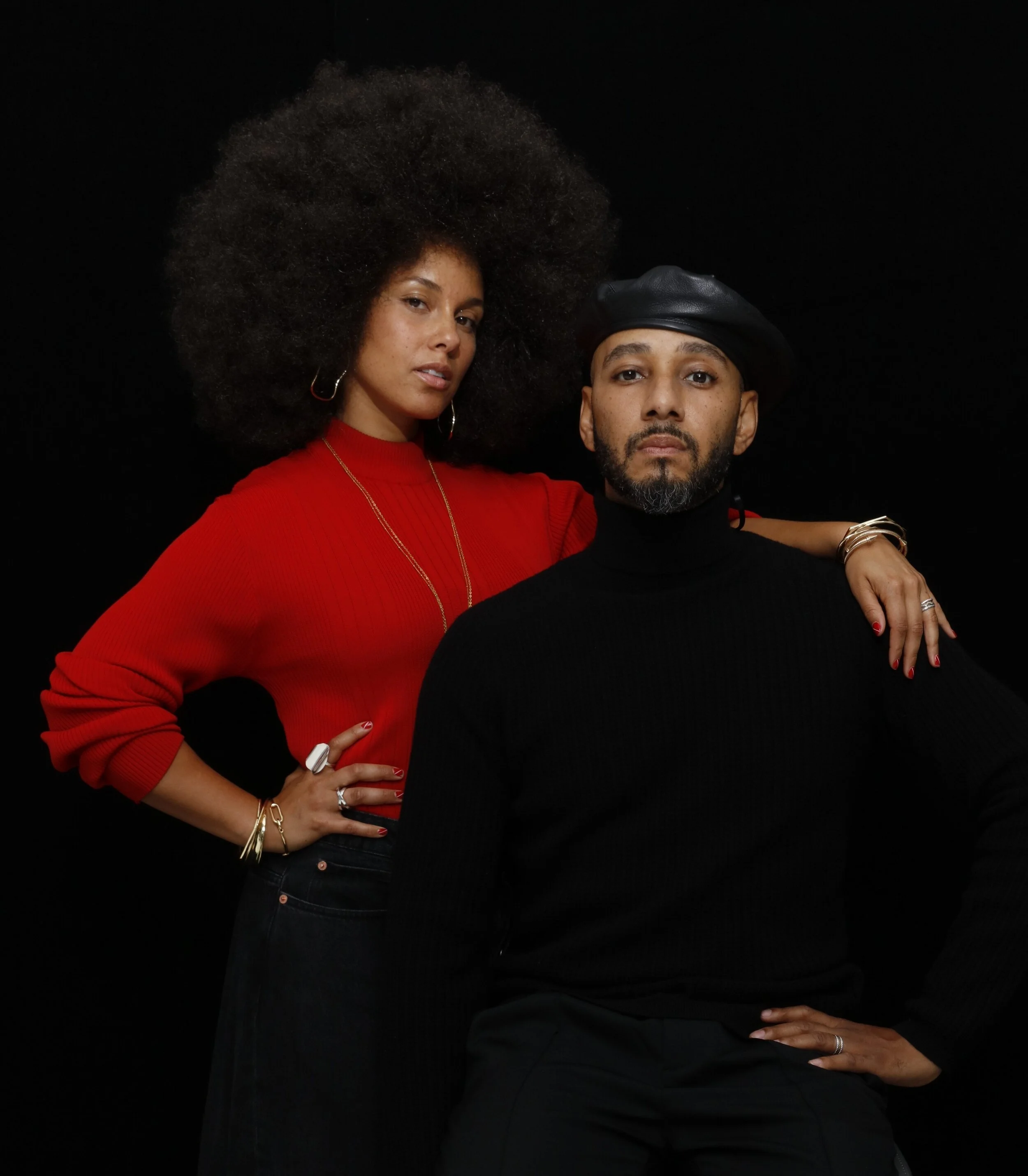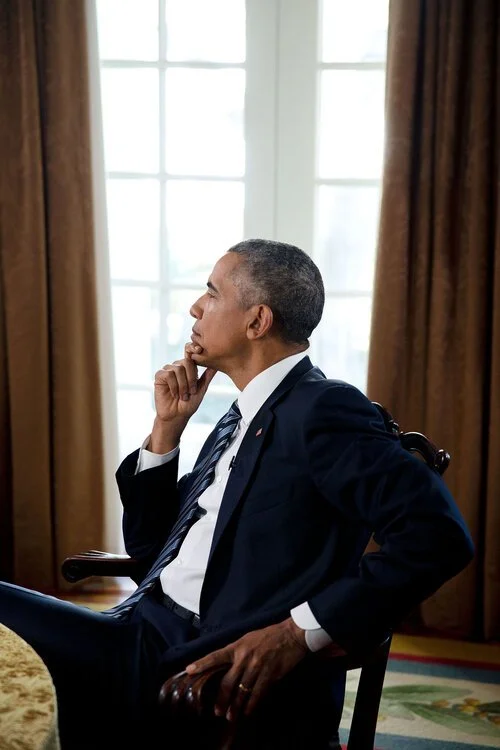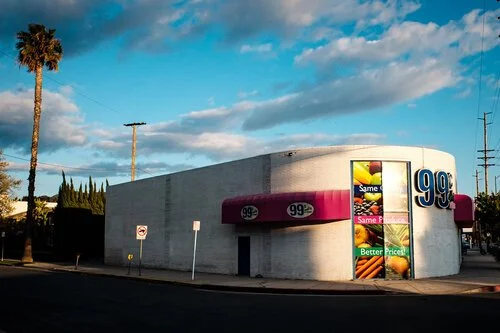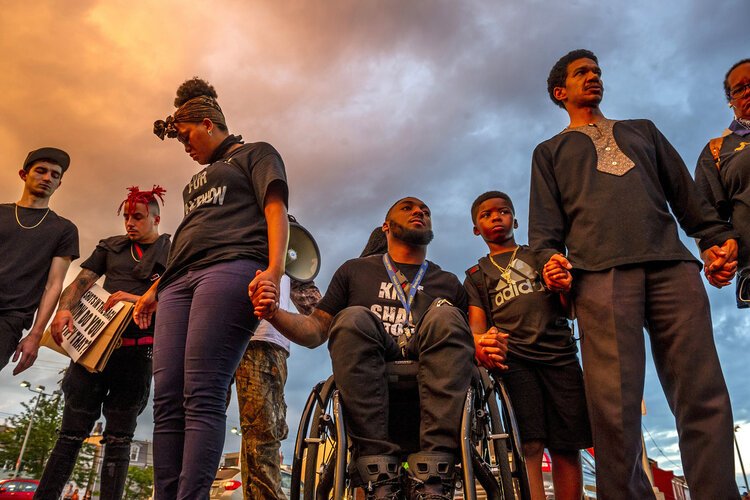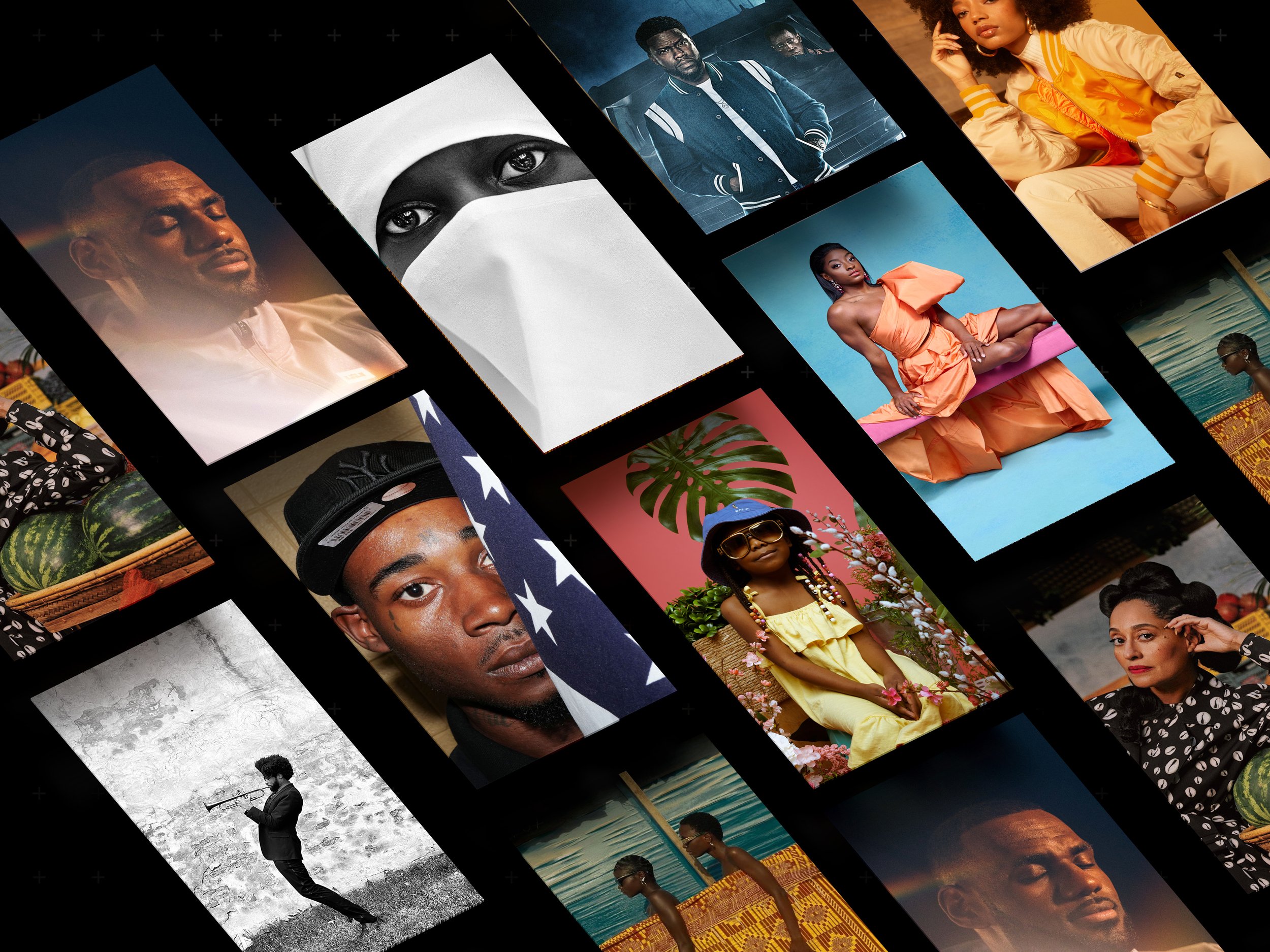
EP 43 • Tony Mobley
Tune in to Episode 43, where we speak with Washington DC-based photojournalist and protest photographer, Tony Mobley, about the importance of Black photographers documenting Black history and events.
EP 40 • Cornell Watson
Tune in to Episode 40 where we speak with Durham, NC-based photographer, Cornell Watson, about documenting the Black experience in White spaces.
EP 39 • Russell Frederick
Tune in to Episode 39, where we speak with Brooklyn-based fashion, street, portrait and commercial photographer, Russell Frederick. We discuss the importance of pursuing your craft against opposition, paying your dues, and finding your purpose behind the camera.
EP 38 • Aundre Larrow
Tune in to Episode 38 where we speak with Brooklyn-based documentary, commercial and portrait photographer, Aundre Larrow. We discuss what it means to be authentic as a person and how that translates into the work that we make as photographers.
EP 36 • Brent Lewis
Tune in to Episode 36, a 2-part episode, where we speak with Chicago native photojournalist and editor, Brent Lewis. We discuss the differences between being a photographer and an editor as well as his experience working in an all-Black newsroom at ESPN’s The Undefeated. Lastly, we discuss his role at Diversify Photo and why self-accountability is so important.
EP 35 • Adger Cowans
Adger Cowans believes that the camera is a tool to do research. That belief has led him to assist Gordon Parks at Life Magazine, become the first Black union photographer in the film industry as well as becoming one of the cofounders of the Kamoinge Collective.
EP 34 • Ike & Tash Haynes
Not every couple is built to work together, live together, and run a photography business together. Instead of choosing between being parents or entrepreneurs, Ike and Tash Haynes decided to become a family-centered business and bring their children along for the ride. This Seattle-based portrait, documentary, and commercial photography couple have created a lifestyle completely unique to their family.
EP 33 • Melissa Alexander
What does it mean to be seen? To feel seen. To see your own beauty? To see the beauty in others? To see our collective humanity? It takes a level of vulnerability that isn’t easily accessible. But it is very necessary. Especially as photographers. It’s a part of the job that we learn on the job. Our guest today believes that growth and vulnerability form the foundation of her work. Her work is her protest, her rebellion, her chance to strengthen and control the Black narrative that has been washed, overlooked, and undervalued. In summary, she wants the people she photographs to see their truest selves, in their own image because they are beautiful, their stories are beautiful and Black is beautiful.
EP 32 • Gerard H. Gaskin
Many photographers use the craft as a way to convey a message or communicate an idea. Gerard focuses on long-term projects as a way to connect with himself and explore his identity through his sexuality. For him, photography is therapy. His work is represented in the permanent collections at Duke University, the Philadelphia Museum of Art, the National Museum of African American History and Culture, the Museum of the City of New York, and the Schomburg Center for Research in Black Culture.
EP 27 • Nicky Quamina-woo
International photography comes with a set of rules that apply from one culture to the next. You have to respect the culture you are visiting in order to successfully photograph the story. You need to be comfortable with being uncomfortable and that takes a certain type of personality. Nicky Woo is from Brooklyn, is half Black and half Hawaiian, and has spent the last few years telling stories in East and West Africa, Indonesia, and Vietnam. She has photographed stories ranging from bombings in Sri Lanka to water erosion in Senegal to the alternative medical system in Tanzania.
Ep 22 • Dee Dwyer
Tune in to Episode 22 to hear Washington DC based documentary photographer, Dee Dwyer discuss the importance of connecting with the communities she photographs. She talks about gaining access and gratitude and why it’s important to say ‘Thank You’ to the community when the project is done.
Ep 16 • L. Kasimu Harris
Tune in to Episode 16 to hear New Orleans based documentary photographer, L. Kasimu Harris, discuss the importance of documenting a community that is slowly being erased and how that influences both his photography and his writing.
Ep 14 • Jarrad Henderson
Tune in to hear 2-time Emmy Award-winning photographer, Jarrad Henderson, discuss how Black History sparked his love of photography. The Washington DC based photographer and video producer also breaks down the joys and challenges of choosing between photography and video.
Ep 13 • Petronella Lugemwa
Tune in as we speak with Ugandan Multicultural Wedding photographer, Petronella Lugemwa, who speaks about the importance of owning her heritage while growing up in a foreign environment.
Ep 12 • Jamel Shabazz
Jamel Shabazz, Brooklyn native and documentary photographer, discusses the importance of using photography to freeze memories of his changing environment.
Ep 10 • Cheriss May
Tune in to hear Washington DC based photojournalist and professor, Cheriss May, discuss her time photographing politics as a Black woman. She also speaks on her experiences as both a student and professor at Howard University and the importance of having that community.
Ep 9 • Lawrence Jackson
Arlington, VA, based photographer, Lawrence Jackson, shares his journey to becoming Official White House photographer for the Obama administration. He discusses the importance of being a Black man photographing the first African American president.
EP 8 • Kwasi Boyd-Bouldin
Los Angeles based photographer, Kwasi Boyd-Bouldin, captures mundane scenes with detail and importance. No matter which city he photographs, he wanders their streets with respect and a curious eye.
Ep 7 • Michael A. McCoy
Michael A. McCoy, Baltimore native, photojournalist and Army veteran, discusses how he copes with PTSD and the importance of having mentors. As a Black Veteran, he feels it is his responsibility to photograph the humanity of Vets because, in many cases, it can mean life or death.
EP 6 • Michael M. Santiago
Photographing grief is a challenging task. Michael M. Santiago, staff photojournalist at the Pittsburgh Post-Gazette, discusses the importance of having empathy while covering traumatic stories.


